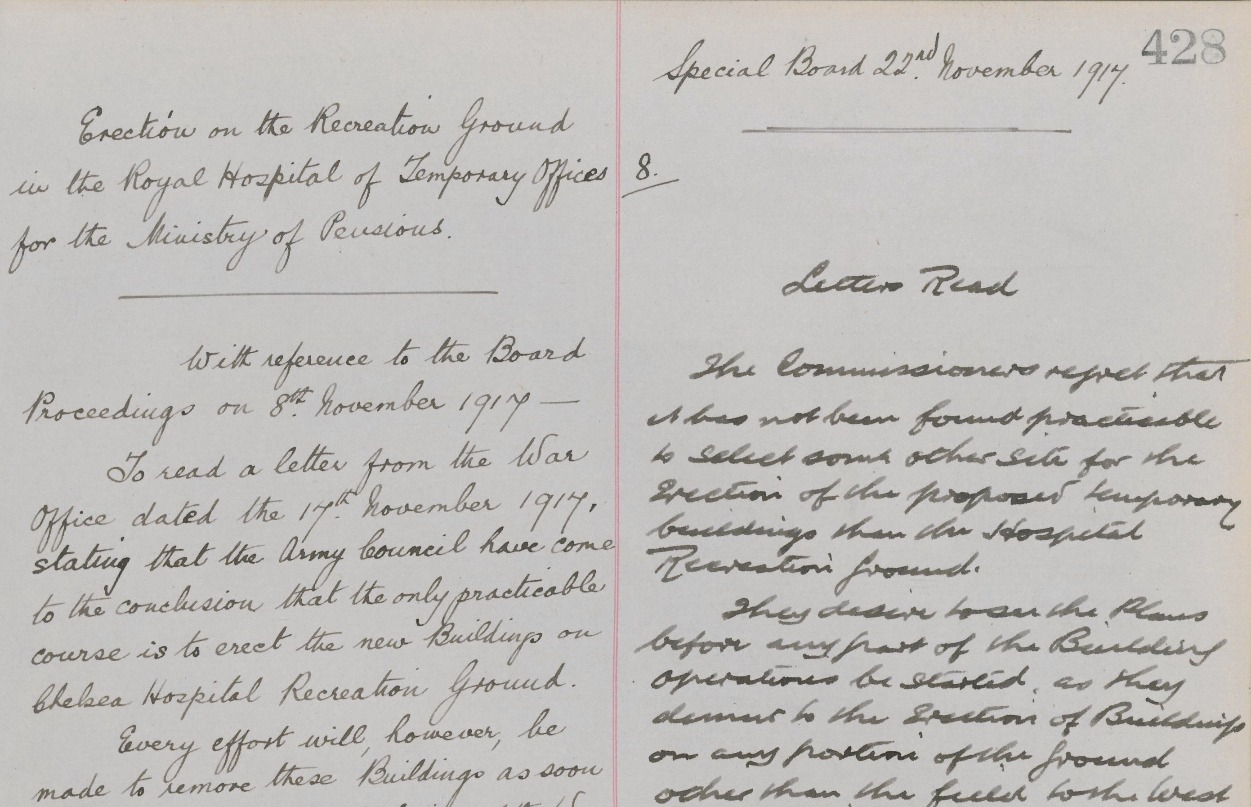Scarlets and Blues
Finished! Looks like this project is out of data at the moment!
Thank you to all the volunteers who have participated in Scarlets and Blues. The project data is now available for reuse. For details, see the Results page (https://tanc-ahrc.github.io/EngagingCrowds/Data.html). All data is presented in an anonymised form. If you used a Zooniverse account to participate in this project and would like to request for your anonymised data to be deleted, please contact research@nationalarchives.gov.uk.
© Images used in Scarlets and Blues are reproduced by permission of The National Archives, UK.
The National Archives does not guarantee the accuracy, completeness or fitness for the purpose of the information provided. Images may be used only for purposes of research, private study or education. Applications for any other use should be made to The National Archives Image Library.

Travel back in time and take a behind-the-scenes look at the stories, lives and interactions of WWI-era staff and soldiers at the Royal Hospital Chelsea, one of London’s most iconic and longstanding institutions.
Learn moreWe recommend starting with the Meetings workflow to get used to the handwriting.
An index will let you choose the records you're interested in transcribing. See the FAQ for more about the index and how you might choose interesting records.
Choose the Meetings workflow to see behind the scenes at the Royal Hospital Chelsea during the era of the First World War. You will closely transcribe the details of the Special Board's meetings, revealing the inner workings of this hospital during the era of the First World War.
Choose the People workflow to see lists of the people discussed in the meetings and who worked or lived at the hospital. Transcribe this information to reveal information about hospital staff, pensioners and other people discussed by the Special Board.
Zooniverse Talk
Chat with the research team and other volunteers!
Scarlets and Blues Statistics
View more statsKeep track of the progress you and your fellow volunteers have made on this project.
Every click counts! Join Scarlets and Blues's community to complete this project and help researchers produce important results. Click "View more stats" to see even more stats.
Percent completeBy the numbers
Message from the researcher
For hundreds of years, the Royal Hospital, Chelsea has cared for British Army veterans, either by administering their pensions, or providing them a home at the end of their military service, and these functions were never more important than during the era of the First World War. What do the minutes of the Board of the Hospital tell us about the care of army pensioners, how the hospital operated, and how it adjusted to conflict in a period of total war?
Scarlets and BluesAbout Scarlets and Blues
Named for the colours of the coats worn by England’s famous Chelsea Pensioners, the Scarlets and Blues project takes a behind-the-scenes look at the Royal Hospital Chelsea using records from The National Archives.
Help us transcribe the meeting notes of one of London’s most iconic institutions, revealing little-known data related to the lives of hospital staff and soldiers in England during the era of the First World War.
The management of soldier pensions was one of the most significant and costly government activities during this period, and these notes hold important information about the lives of soldiers, how they were provided for by government, and the decisions made behind closed doors that shaped the nation’s history.
Scarlets and Blues is a piece of a larger historical puzzle. By volunteering, you’ll also be supporting an overarching project that studies how volunteers interact with citizen research projects -- Engaging Crowds: citizen research and heritage data at scale, is part of Towards a National Collection, an £18.9 million Arts and Humanities Research Council-funded programme which launched in 2020. As one of the programme’s foundational projects, this open-source research will benefit society more widely in showing how volunteers interact with projects and how citizens can change the future of research.